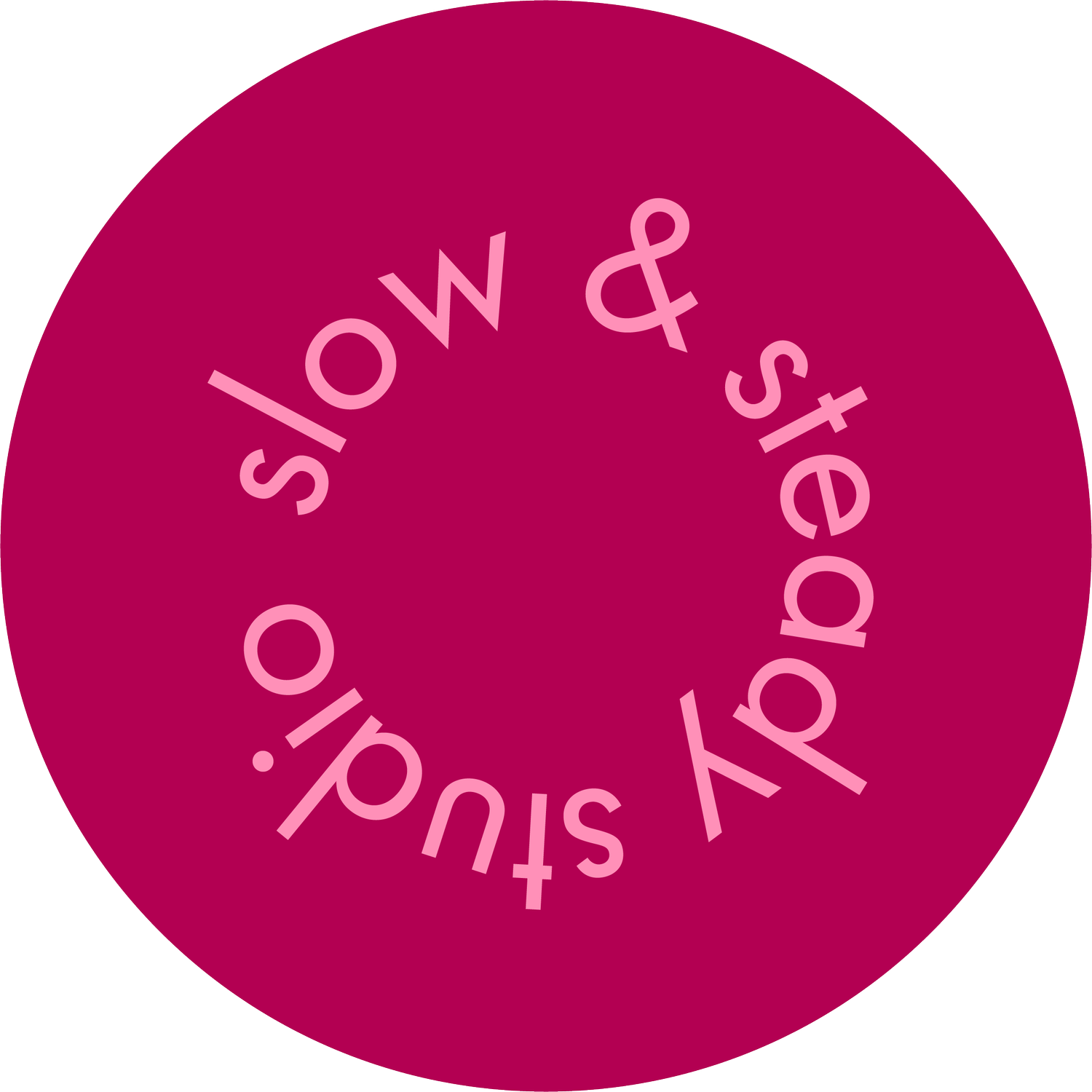Demystifying “The Funnel”
There seems to be a common theme whenever the topic of “funnels” comes up with the very smart, capable and successful entrepreneurs doing their own thing that I meet: they feel utterly overwhelmed and confused, and kind of grossed out by them.
Here’s a radical idea: that’s probably by design.
The most important thing you need to know about funnels? It’s not like, a real thing. It's marketing jargon.
What is a funnel?
Neil Patel defines the marketing funnel as “a visual representation of the steps a visitor takes from first finding out about your brand until they convert.” (emphasis mine) Funnel is a bit of a catch-all term - you can have a marketing funnel, a sales funnel, an email funnel… but they often share some or all of the same characteristics. For this article I am talking specifically about marketing funnels in a broad sense.
Demystifying the funnel
It’s called a funnel because it’s wider at the top; “top of the funnel” marketing activities that we use to attract new customers usually reach a large audience that is probably not already a customer or in your audience - think being a guest on a podcast or taking out a bus shelter ad.
Once people become aware of your business, this is where they get to know, like and trust you. They’ll go to your website, follow you on social media, download a freebie, subscribe to your email list, schedule a discovery call. If you use content marketing, they’ll read your blogs, listen to your podcasts, watch your videos.
Now, here’s the spicy truth: at some point they might decide you’re not for you and they will unfollow you, unsubscribe from your list, whatever. (Thank them, wish them well!)
Or better yet - they will make a purchase, converting from an “audience member” to a customer or client. Since not everybody is going to buy your thing, this is the narrowest part of the funnel.
To simplify it even further, an effective marketing plan uses a combination of tactics that will cast a wide net to attract new leads, connect with your existing audience and sell to them to convert audience members to paying customers.
Because there are no secret magic formulas, exactly what tactics you use and when depends on your business objectives, goals, product or service offers, phase of business, etc. So buying someone else’s funnel is probably not going to work for you!
Funnel gurus are trying to confuse you
If you’re a solopreneur doing your own thing — including your own marketing — you probably learned about funnels from content marketing produced by service providers who are trying to sell you their funnel product or service. It’s in their best interest to intentionally over-complicate things to establish their expertise and authority. If you’re confused, then you’ll buy in to the webinar or the six week course or the done-in-a-day service or whatever it is that they are selling.
Okay so maybe #notallfunnels – I do believe there is a great benefit to systems and automation in our businesses. I use them in my own business!
But you know the ones I’m talking about.
High pressure, manipulative marketing funnels that create a false sense of urgency and prey on your fears and insecurities to make you buy. They encourage you to swipe or steal their secret magic formulas. And often the systems they are selling are the secret to unlocking passive income so you don’t even have to work, you only need to enjoy living your Instagram aesthetic lifestyle.
As my Granny said, if something sounds too goo to be true it probably is. And hey, if this type of marketing appeals to you, then go forth and 10x your income my friends!
Are funnels feminist?
What I think the conversations that I’ve had with other feminist or values-led entrepreneurs are really about, is that that complex, automated, high pressure, fear-based and frankly at times manipulative approaches to marketing — funnel or no funnel — doesn’t feel aligned with the way that they want to build their businesses, which is based on being in relationship.
Yet they feel so much pressure to be doing things a certain way — and that’s because the fear-based marketing works! And for the record, it works on me too - ask me how many courses about marketing funnels I own (or better yet, how many I haven’t completed).
I don’t want to run my business that way either. I don’t think it’s feminist and at times I think it borders on unethical. So I’m out here building relationships too!
And while that might mean going slow, it also means staying steady.
So instead of a complicated marketing funnel, may I present a simpler alternative: the marketing sandwich that includes layers of activities to attract, connect with, convert (and delight) your audience and customers. How much is going to vary depending on your needs and preferences. And my sandwich is going to look different from yours!
And at the end of the day, if you’re feeling turned off by the concept of funnels that’s probably because those high pressure, automated tactics aren’t aligned with your values. That’s okay, you are allowed to run your business the way you want.
Funnel or no funnel.

